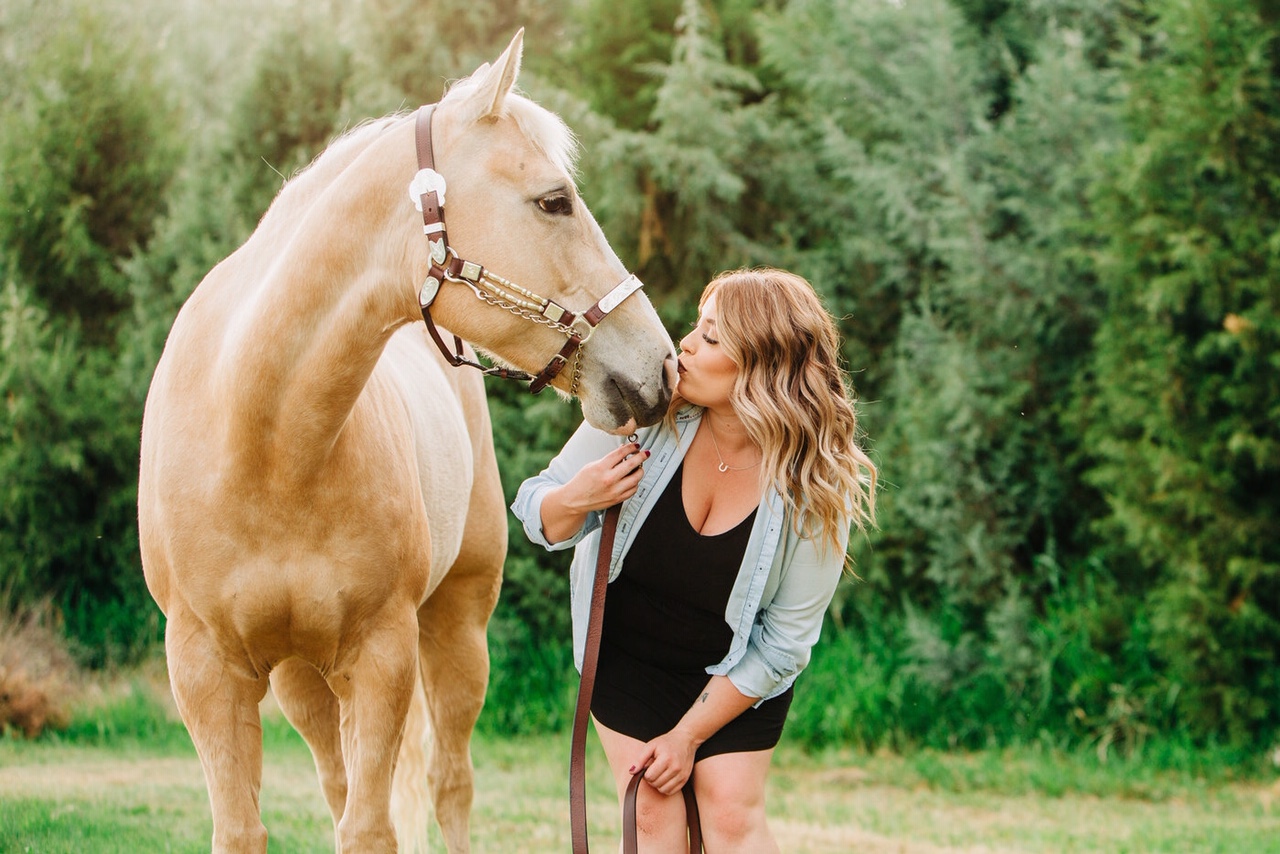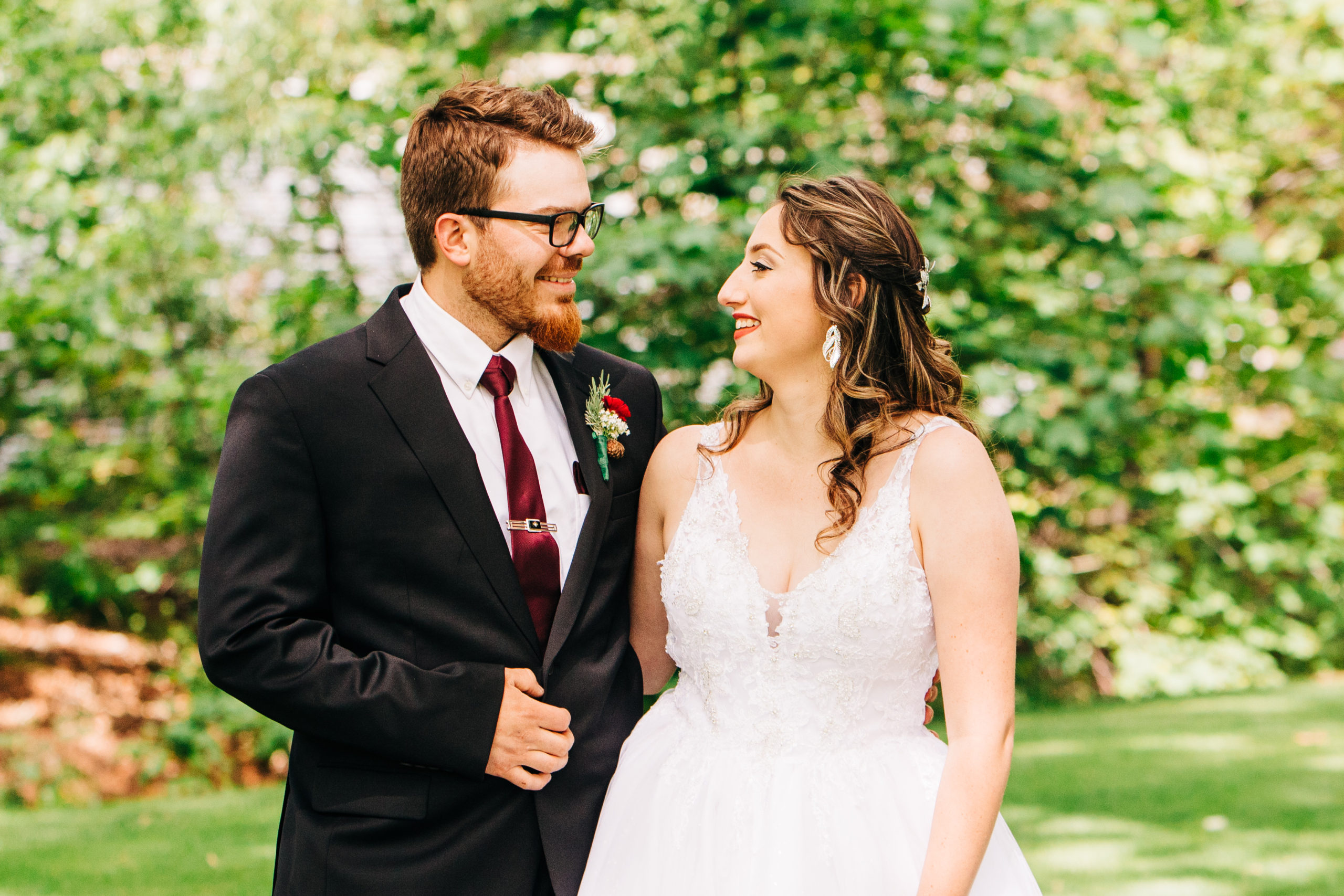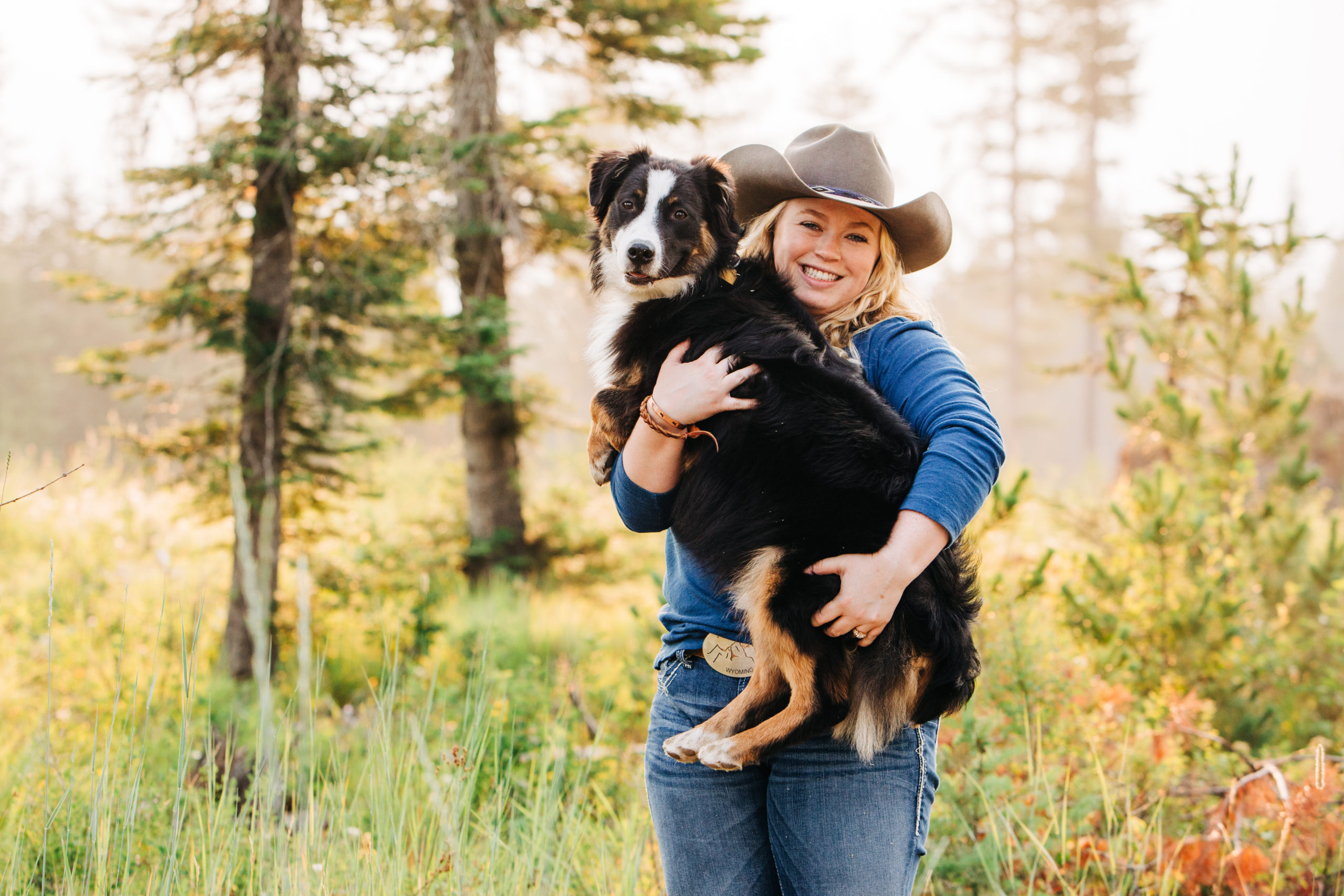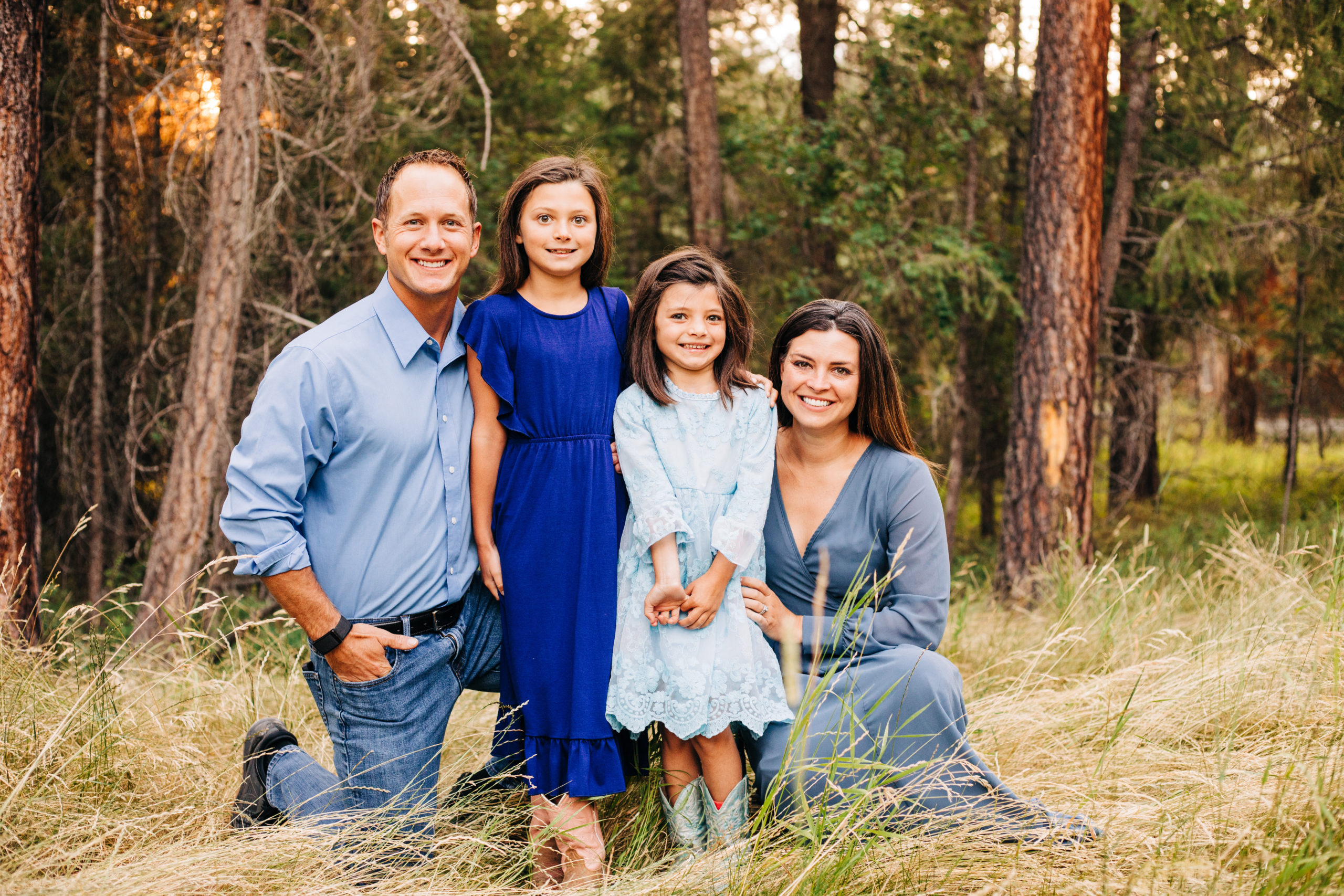In my last blog post, I told you my very personal, very real story of how I accumulated $58,335 worth of debt and my journey to pay it off in (less than) three years.
I took to Instagram to ask “If you were openly talking to someone who had paid off a substantial amount of debt in a relatively short time span, what would you ask them? What would you want to know?”
This blog post answers those questions (and more!) to the best of my ability and as transparently as possible.
Do you have any actionable tips for me?
Yes!
First, face it. Go find all of your debt balances, your interest rates, your minimum monthly payments and write them down. Look at those numbers. Look at them until they feel real (because they are). Look at them until they feel less scary (because that’s holding you back).
One of the easiest ways to continue to be in debt and/or continue to build up debt is to ignore those numbers.
Knowledge. Is. Power.
Next, devise a plan and budget that realistically work for you and your specific situation. It doesn’t do you any favors to leave things you are aware of off of your budget – and budget everything you are aware of. Budget groceries, utility bills, farrier appointments, cell phone bill, car payments, EVERYTHING. (And don’t forget those once a year subscriptions!)
My last big, actionable tip for you is this: tell someone. Choose someone who will act as both an accountability partner and a cheerleader. Someone who will praise your success and keep you honest in your progress. Someone you can lean on when you’re frustrated and share with when you’re feeling proud of yourself.
What if I can’t pay more than my minimum payments or even make my minimum payments?
Look into debt consolidation programs that will lower your interest rates and help you both live within your budget and pay your debt off. This isn’t sponsored in any way, but I used InCharge Debt Solutions because they didn’t force me to miss payments or become delinquent on my loans in order to “help” me. By significantly lowering my interest rate on my high balance credit card, my monthly payment amount didn’t change but the amount going toward principal (actually paying down the balance) changed drastically.
Check out the screenshots below – on the left my interest rate was 19.65% which is pretty typical for credit cards because they are unsecured credit. On the right the interest charged was nearly cut in half once InCharge negotiated my interest rate down to 9.90%.


What was your strategy? Did you follow any reference sources (like Dave Ramsey)?
My strategy was simple: pay off as much as possible as quickly as possible while maintaining our lifestyle – horses aren’t cheap.
I didn’t follow anyone or research any plans or anything like that. I set a realistic budget, figured out how much extra I could pay towards my debt and focused on one debt at a time while continuing to make on-time minimum payments on my other debts. (Dave Ramsey style although the selection of which debt to focus on was not Dave Ramsey style.)
A kind of random thing I did do is unsubscribe from stores I received promotional e-mails from and unfollowed store/shopping accounts on social media. I kept the small businesses that I loved supporting (and could support by engaging with and sharing their posts) but got rid of other temptations as best I could.
What kind of sacrifices did you make?
I honestly can’t point to anything specifically – but I can tell you it was a mindset. Every dollar that I spent elsewhere was a dollar that I couldn’t put toward my debt and meant that I was not shortening the amount of time I was in debt. Two of the most important resources we have are our time and our money and my mindset was, “I have a budget. If I “can’t afford” something, it is likely that what I mean is “it is not a priority and/or not in my budget”.”
We already didn’t travel or go on vacations. We didn’t own the newest vehicles or the latest and greatest technology. We don’t “keep up with the Jones'” and we are happiest at home with our furry family.
If we were the kind of people that traveled, I imagine I would have cut that out for a couple of years. If I had a brand new pickup, I would hope I would have sold it or traded it in for an older but still functional pickup.
Did you sell things like I see on a lot of those “debt payoff” stories? Or get a second job?
I did not sell stuff but I do have a second job. However, I don’t account for my “second job” in my budget because it’s Piper’s Zoo and not guaranteed income. If I don’t book clients or don’t sell photos, I don’t make “extra” money.
I have one client on a monthly basis that I earn guaranteed money from and that money goes straight to horses – hay and farrier expenses. Which means I also don’t account for those two expenses on my budget because it’s a wash.
If and when I earn Piper’s Zoo money, it goes where it needs to at the time – whether that’s a training bill, extra hay, extra payment on debt, etc.
Okay, but horses are expensive. How did you buckle down on debt and still have horses?
That was thanks to Kelly and Piper’s Zoo. I already shared above how we pay for the majority of our horse expenses… if I didn’t have Piper’s Zoo, this repayment would have still been possible but it would have taken the entire 4 years and 8 months of regular payments through InCharge Debt Solutions. But because I was able to pay an additional $600 – $800/month toward my debt instead of using that money for horses, I was able to pay my debt off in less than 3 years instead.
What do you do for work that you were able to pay an additional $600 – $800/month toward debt?
I was a Human Resources Manager for a small, local public transportation agency the whole time I was paying off this debt. While, yes, I made significantly more than minimum wage, I was still in a salaried public service position – I didn’t earn overtime and I wasn’t paid as well as I would have been in the private sector.
Would/did you cash out your 401k to pay off debt?
I did not and I’d like to think I would not. However, I don’t have a traditional 401k. I have been in the public sector for most of my ‘adult career’ years and in Washington state, most public sector employees are part of the Washington State Department of Retirement Systems which functions as vested retirement plans rather than traditional 401k’s. These plans do not allow you to cash out your retirement accounts while you are still employed with a public employer – and I know that because it’s my job as the benefits administrator to know that, not because I was hoping to cash out my own account. 😉
Everyone’s situations and priorities are different, but I personally would not cash out my retirement account to pay off debt unless it was some last ditch effort to keep a roof over my head or something.
How did you stay motivated on a day to day basis?
For me, it started with shame. I was ashamed that my finances had gotten so out of control no matter what the circumstances were that got me to that place. And I didn’t want to keep feeling that way about myself and my situation. I also knew that as long as I had this mountain of debt, I would be enslaved to a corporate world I didn’t want to be in and living in a place I didn’t see myself wanting to live in long term.
Paying off my debt was the key to taking my life back and having the ability to make life choices that would benefit myself and my family in the long run. That was super motivating to me.
As time went on, totaling the numbers in my budget spreadsheet so I could see how much I was paying off over the course of 3 months, 6 months, the first year, was also highly motivating. It was like concrete evidence that I really could do this because I already was.
How did you adjust your spending and how accelerated were your payments?
I made my regular budget and calculated a number I felt like I could reasonably dedicate to “extra payments” each month. That meant that money was already earmarked as if it was another bill due and it couldn’t be used for other things just because I felt like buying something.
I did “cheat” in November and December of 2019, because I wanted to get Kelly custom saddle bags for Christmas and we needed an infusion of hay to get through winter. And that cheat period was terrifying because I kept thinking “what if I’m not mentally strong enough to get back on track? What if I like having that “extra cash” more than the idea of paying off my debt faster?” But I told my person my plan and that helped – someone else knew, I couldn’t not get back on my debt repayment plan if someone else knew, right? Right.
When I started my debt repayment plan with InCharge Debt Solutions, they had me on a 4 year, 8 month plan (not accounting for my other debts – my pickup and my student loans). I paid my $58,335 debt off in 2 years, and 6 months (including my pickup and student loans).
How much of your income did you allocate to debt repayment? How did you decide on your spending allowance while sticking to a rapid paydown schedule?
My numbers were all budget-based. I made my budget, paycheck by paycheck and I budgeted everything I knew about that I spend money on: from regular bills to fast food lunches to groceries to fuel costs. Then I added in my “extra” debt payment in a way that still put my bottom line above $100. That meant I had roughly $100 every two weeks to spend on non-budgeted items (because I was getting paid bi-weekly).












